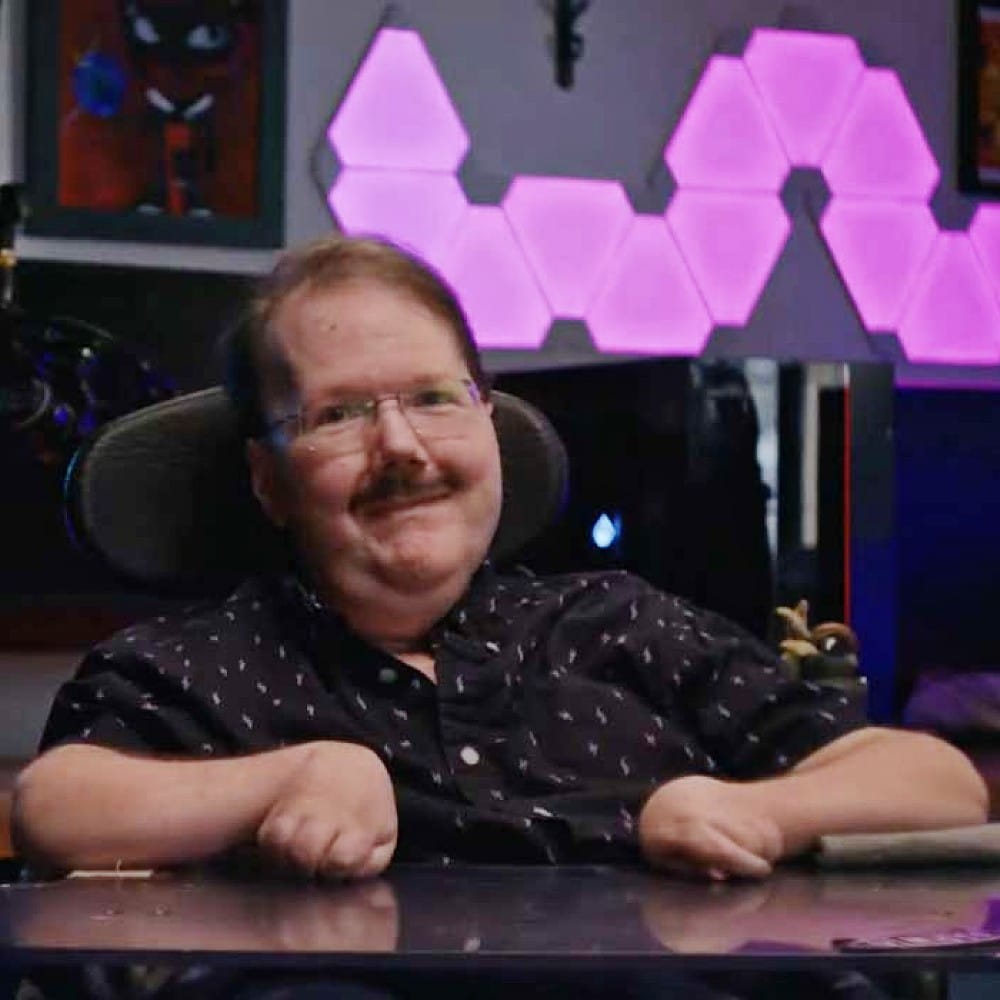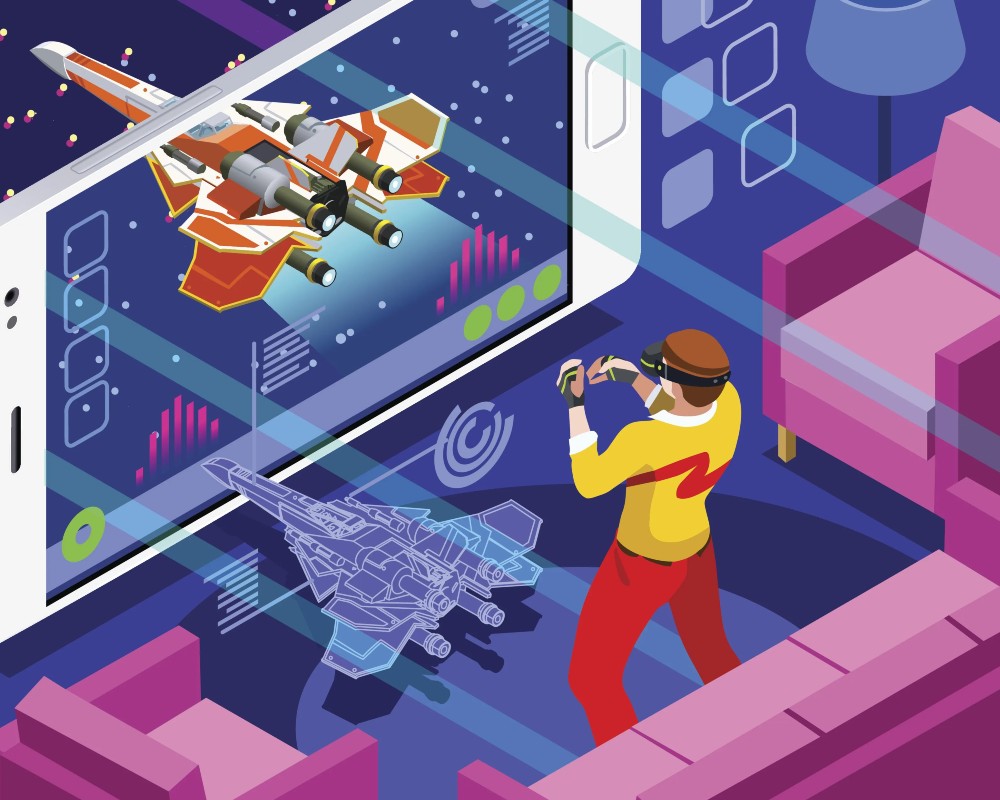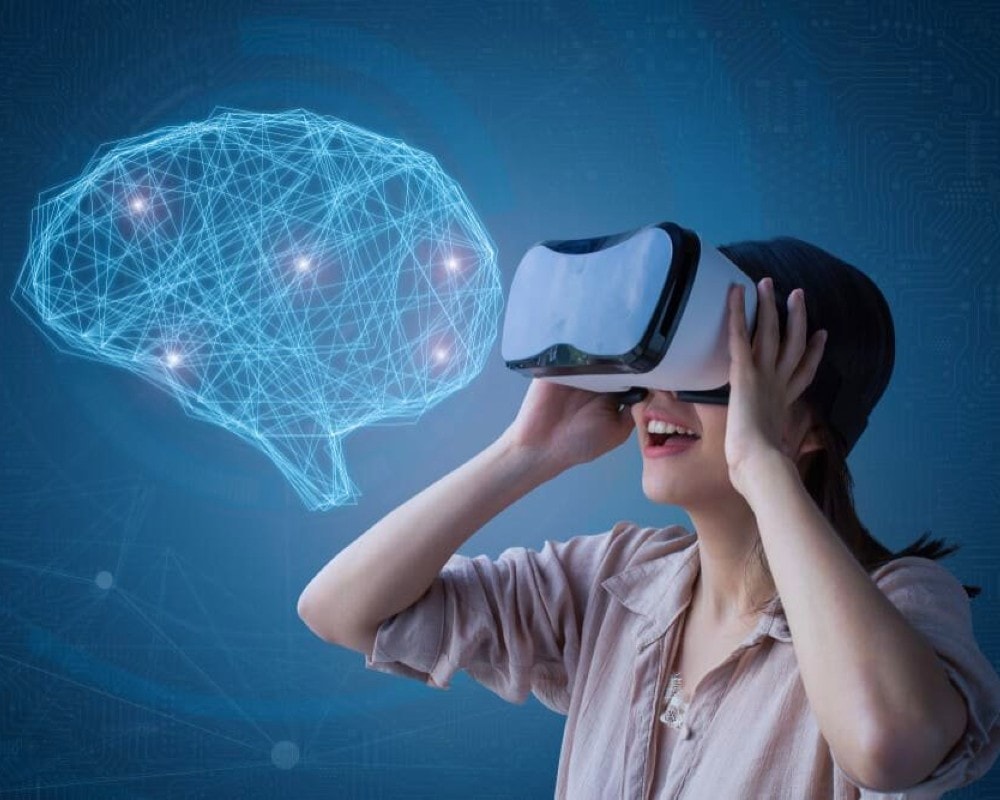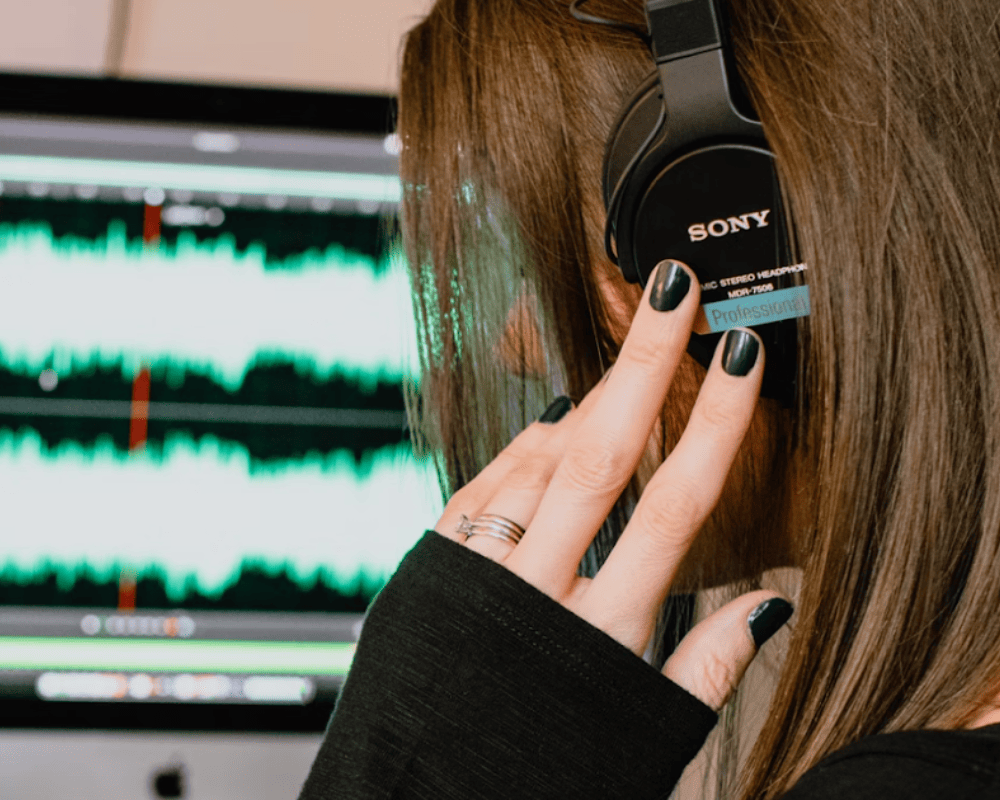
Google’s groundbreaking Project Gameface introduces an innovative AI-powered gaming mouse, enabling players to control the computer cursor through head movements and facial gestures. Inspired by quadriplegic gamer Lance Carr, the open-source and low-cost solution utilizes machine learning to detect faces, recognize facial points, and map gestures to mouse inputs.
Fueling Gameface’s Assistive Capabilities with Machine Learning
Machine learning, a subset of AI, plays a crucial role in Gameface’s success as an assistive tool. Laurence Moroney, AI advocacy lead at Google, emphasizes the broader potential of AI in expanding human capabilities and tackling previously challenging problems. By streamlining technical processes, AI empowers developers to allocate more time to creating innovative accessibility solutions, thereby fostering inclusivity in gaming.
AI-Driven Enhancements in Gaming Accessibility

Real-time text-to-speech, speech-to-text, and image recognition demonstrate AI’s transformative impact on gaming accessibility. Conor Bradley, creative director of Soft Leaf Studios, envisions a future where powerful AI tools enhance accessibility across the industry. Emphasizing player involvement, developers actively engage disabled and neuro-diverse communities to create effective accessibility solutions.
Balancing AI and Human Input
While AI offers promise in bolstering accessibility in the gaming world, developers must be cautious not to prioritize AI over human input. Conor Bradley urges developers to seek valuable feedback from players and to acknowledge that. Because, at the end of the day, human interaction remains essential in crafting accessible games.
AI for the Future and Overcoming Challenges

As AI progresses in gaming, Minecraft Access is another example of AI-assisted accessibility. Implementing a suite of AI tools, including ChatGPT and Google’s TensorFlow, Minecraft Access aims to make the game accessible to blind and visually impaired game players, with the breakthrough potential for innovative personalized adaptations. While AI holds promise in expanding accessibility in gaming, careful implementation and transparency are essential. Striking the right balance between AI-driven solutions and human feedback will be crucial in fostering an inclusive gaming landscape that caters to a wider spectrum of players.
Are You Afraid That You Might Be Tone-Deaf?

Do you think you hear or sing differently than others? Or do you think you may be tone-deaf? But is tone deafness really a medical condition? If yes, how can you tell whether you are a victim of it or not? Medically speaking, tone deafness is actually a disorder known as amusia. It is a neurological condition that makes it harder to differentiate between musical rhythms. It can range from having difficulty understanding melodies to a complete inability to recognize musical tones. But not everyone who lacks musical expertise has it.
Finding Out Whether You’re Tone Deaf
One can take a few tests to know whether they are tone-deaf or just pitchy. The first test you can take is playing two tunes one after the other and identifying both. You might be diagnosed with amusia if you can’t find the difference. The second test to try is to sing along to a song you know. You are probably tone-deaf if you are having trouble matching the melody or are way off-key. Just because you can’t find that perfect pitch doesn’t mean you are tone-deaf.
Can Music Cure Amusia?

While there is no cure for tone-deafness right now, you can still enjoy and sing your favorite songs. Taking singing or music lessons can help improve your pitch. You can become a great singer with training to properly use your vocals, mouth, and head. Learning to control your breathing would support your pitch more. A talented teacher by your side can help refine your voice and singing skills. People with amusia can’t always identify their feelings, and their ability to express such emotions while singing is limited. So, even if you suffer from tone deafness, you can still acknowledge the intensity of the emotions in music. So, take some lessons, or use a digital tuner, try to get a grasp on your vocals, and you are good to go.